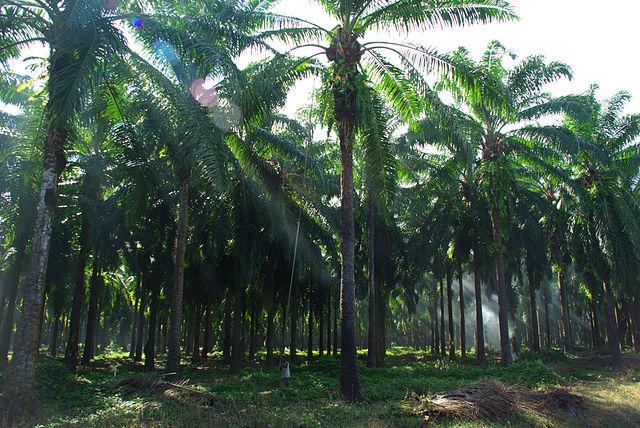
While most of the attention in Paris is on what's happening at COP21, dozens of other conferences, events and gatherings are taking place during December in the city. One of the largest is the Global Landscapes Forum (GLF), which has over 3,000 attendees looking at the scientific and policy implications of land use.
With agriculture alone accounting for over a quarter of global greenhouse emissions, the solutions being discussed here may well be critically important to the success of COP21 on the other side of the city.
This year, the biggest source of agricultural CO2 emissions were the horrific fires in Indonesia, which we covered extensively at TriplePundit. Not surprisingly, several sessions at the GLF were about palm oil, deforestation, fires and initiatives to prevent both from happening.
When the horrific fires broke out in Indonesia this past year -- driven, at least partially, though not entirely, by El Nino -- the blame was pointed at a whole host of figures. During a jam-packed session on zero-deforestation commitments, in which three of the panelists were Indonesian, the topic of palm oil, fires and complicity were fiercely debated by both panelists and those in the audience.
“We want to secure our supply,” said Tiur Rumondang, with the Indonesia Business Council on Sustainable Development, speaking on behalf of Indonesia's palm oil companies.
The reality is that palm oil is a complex commodity, with a long, interwoven supply chain that makes traceability difficult. Adding to the challenge is that, in Indonesia, much of the fruit is produced on smallholder farms, which then sell it to refineries which, in turn, pass it on to major global conglomerates, to producers, and then into food and bath products consumed all around the world.
“Many smallholders have independent plantations,” said Mansuetus Darto with the Indonesian Smallholders Palm Oil Union. “The problem is schemes are not attractive to smallholders, so they go outside the scheme, and keep planting.”
That means the system is set up so that it promotes individual smallholders, many of whom are independent and lack access to much financial capital, to plant as much as they can, as fast as they can. Fires, which are used to clear land, are a symptom of this larger problem.
Another challenge in holding smallholders accountable is that many of them do not have land titles, which, for many, is far too expensive to ascertain – and a barrier to them being part of no-deforestation and sustainability schemes.
“Companies and governments must help to make this easier,” Darto said, “to assist smallholders' legality.”
Anissa Rahmawati, with Greenpeace Indonesia, believes that, while smallholders do have a role to play, companies, governments and consumers in countries like the United States or in Europe are part of the problem, but also the solution.
“It's not fair to put the responsibility only on companies, but we need more companies to commit to zero-deforestation policies,”Rahmawati said.
Right now, the rainy season as brought some relief to Southeast Asia, but with El Nino strengthening, seemingly by the day, many expect that dry conditions will return early in 2016, and with them, more fires. As we continue to learn more about palm oil supply chains, it is crucial that zero-deforestation commitments go beyond big words and work with smallholders and other actors throughout the supply chain to ensure that fires stop and landscapes are preserved.
Image credit: Irene Scott AusAID

Nithin Coca is a freelance journalist who focuses on environmental, social, and economic issues around the world, with specific expertise in Southeast Asia.














